Posted on 1/30/2026
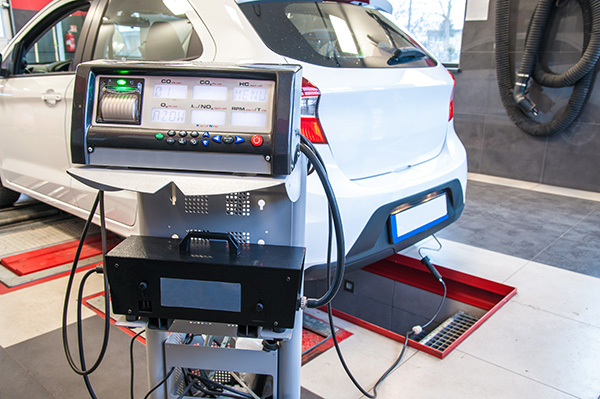
That check engine light has a way of showing up when the car feels perfectly fine. No weird noises, no shaking, nothing dramatic. Just a glowing reminder on the dashboard that something is not happy. Oxygen sensors are one of the most common reasons that the light pops on, and it’s not always because the sensor is dead. Sometimes it’s reacting to a problem upstream. Either way, it’s worth understanding what the sensor is seeing, and what can happen if you keep driving like nothing’s going on. What The Oxygen Sensors Are Watching Oxygen sensors sit in the exhaust stream and measure the amount of oxygen remaining after combustion. The engine computer uses that information to adjust the air-fuel mixture. It’s basically a feedback loop: the engine burns fuel, the sensor reports what it sees, and the computer fine-tunes the mixture. Most cars have at least two sensors per bank. The upstream sensor (before the catalytic converter) has the bi ... read more
Posted on 12/19/2025
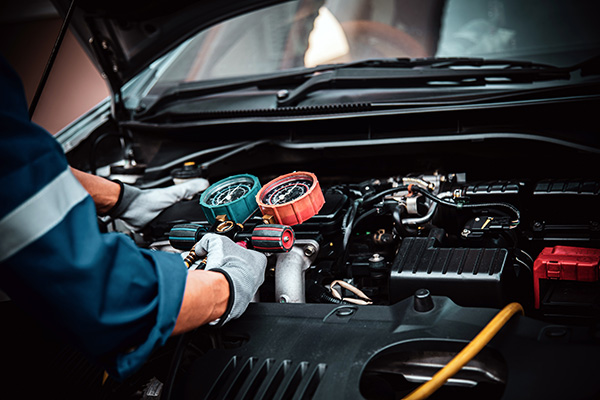
A well tuned Audi A/C system feels almost invisible. The cabin cools quickly, the airflow feels smooth, and you hardly touch the controls once you set them. The flip side is that when cooling starts to fade or strange smells show up, it can catch you off guard. A little regular attention keeps your Audi’s A/C working as it should, instead of drifting toward weak, noisy, or unreliable. How Your Audi’s A/C System Keeps You Comfortable Your Audi’s air conditioning is more than a button and a few vents. The compressor, condenser, expansion valve, evaporator, sensors, and control modules all work together to move heat out of the cabin. Refrigerant carries that heat from inside to outside, while the blower and vents spread cooled, dehumidified air through the interior. When everything is in good shape, you get a quick cool down, clear windows on humid days, and stable temperature from one drive to the next. Once any piece in that chain begins to wear or ... read more
Posted on 11/28/2025
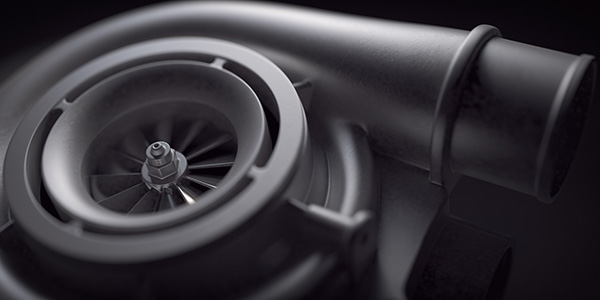
Turbo engines feel strong when the entire intake tract is sealed. A boost leak is any escape of pressurized air between the turbocharger outlet and the intake valves. Even a small split in a hose or a loose O-ring forces the turbo to work harder, trims power, and can trigger underboost faults. Catching it early protects the turbo, catalytic converters, and fuel economy. Why a Boost Leak Is So Bad When metered air slips out, the mixture goes off target under load. The turbo spins faster to reach the same boost, exhaust gas temperatures rise, and drivability suffers. On many European setups, a post-MAF leak makes the mixture rich in boost, which can leave soot on the tailpipes and stress the converter. Left alone, a minor hiss can turn into limp mode and a P0299 underboost code. Common Places Leaks Hide on Euro Engines Plastic charge pipes can develop hairline cracks at molded seams. Intercooler end tanks (plastic crimped to aluminum) weep around t ... read more
Posted on 10/31/2025

Mini Coopers are fun to drive, easy to park, and full of personality. That playful feel comes from tight suspension tuning and a responsive drivetrain, which also means maintenance needs to stay on schedule. If your Mini has started to make new noises, seep a little oil, or run a bit rough, you are not alone. These are the six issues we see most often and how to catch them early before they turn into big repairs. 1. Timing Chain Rattle on Cold Starts A metallic rattle for a few seconds right after you start the engine is the classic Mini timing chain warning. The chain relies on a hydraulic tensioner and plastic guides to stay tight. When the tensioner weakens or oil is slow to reach it, the chain can slap the guides and make that brief rattle. Left alone, the noise usually gets longer and can lead to guide damage or poor cam timing. Fresh oil that meets the correct spec helps the tensioner, but a persistent rattle calls for an inspection of the chain, guides, and te ... read more
Posted on 9/26/2025
%20copy.jpg)
If you drive a Volkswagen and start to notice drops of bright green, orange, or pink fluid under your vehicle, don’t ignore it. Coolant leaks are a common issue in many VW models, and catching the source early can save you from overheating, warped components, or even engine failure. Volkswagen engines are known for their precision, but that also means that a small leak can quickly turn into a larger problem. Understanding where leaks tend to form can help you spot the warning signs before things escalate. 1. Plastic Coolant Flanges and Fittings Many modern Volkswagen engines utilize plastic coolant flanges to regulate the flow between engine components. These flanges are lightweight and cost-effective, but they become brittle with age and heat exposure. Cracks around the mounting surface or seal can slowly release coolant, especially after the engine cools down and contracts. This type of leak may go unnoticed at first, but the loss adds up. If you smell cool ... read more
Posted on 8/29/2025
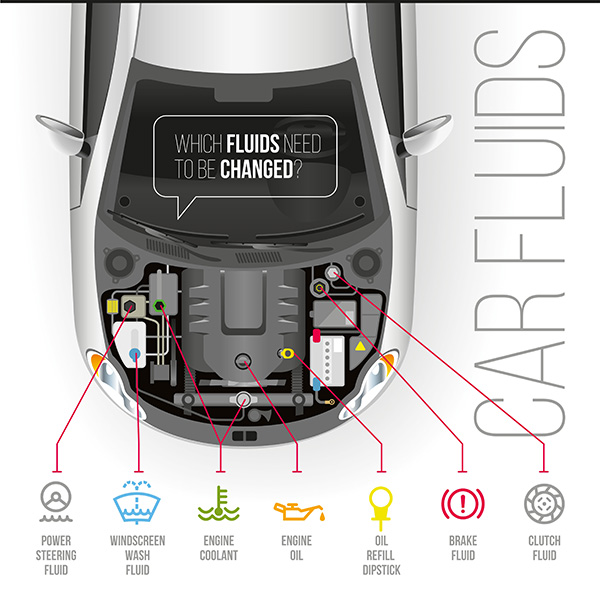
Your vehicle is made up of hundreds of moving parts that generate heat, friction, and wear. Car fluids act as the lifeblood that keeps everything running smoothly. They lubricate, cool, clean, and protect critical systems like the engine, transmission, and brakes. Without proper fluid maintenance, your vehicle can experience poor performance, costly breakdowns, and reduced safety on the road. Knowing which fluids matter most helps you stay ahead of problems and extend your car’s lifespan. 1. Engine Oil – The Heart of Lubrication Engine oil is the most commonly known car fluid, and for good reason. Its primary job is to lubricate the moving parts of the engine, reducing friction and preventing overheating. Without it, metal components would grind together and wear out quickly. Fresh oil also helps trap dirt and contaminants, keeping your engine cleaner. Over time, however, oil breaks down and loses effectiveness, which is why regular oil changes are critic ... read more
Posted on 7/29/2025
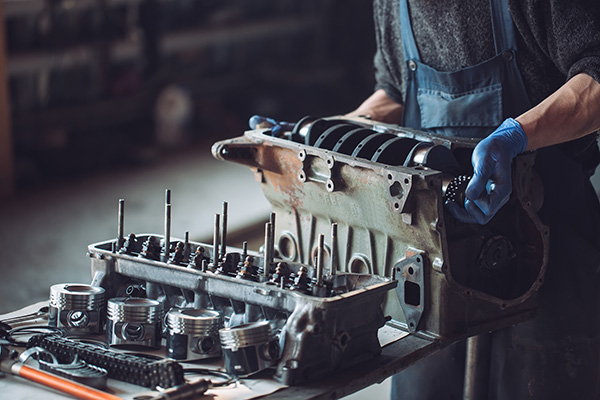
Hearing that your car might need an engine replacement or overhaul can be overwhelming. The engine is the heart of your vehicle, and major repairs to it often sound like the beginning of the end. But in many cases, opting for a replacement or overhaul can breathe new life into your car and extend its service for years to come, particularly if the rest of the vehicle is in good condition. Understanding the difference between these two options and recognizing the signs that point to severe engine trouble will help you make an informed decision when the time comes. What’s the Difference Between an Overhaul and a Replacement An engine overhaul is a detailed internal rebuild. This involves removing the engine, disassembling it, and replacing or machining worn-out components like pistons, bearings, valves, and gaskets. The goal is to restore your current engine to like-new condition without replacing the entire unit. In contrast, an engine replacement involves inst ... read more
Posted on 6/27/2025
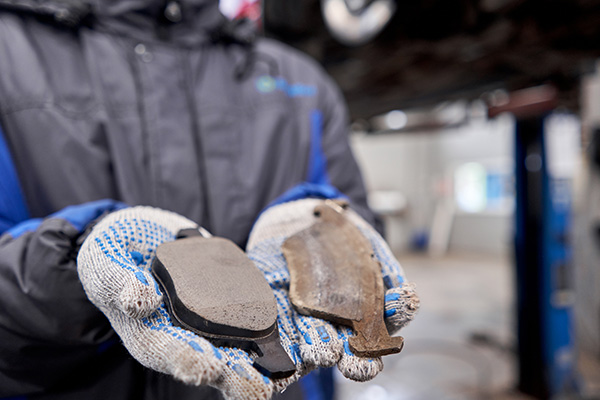
Brake pads are one of the most critical safety components on your vehicle. They allow your car to come to a stop quickly and safely, and they endure constant friction and heat every time you use your brakes. Over time, that wear adds up, and eventually, your brake pads need to be replaced. But how often should that happen? The answer depends on your driving habits, the type of vehicle you drive, and even the environment in which you typically operate your car. Understanding the signs of brake pad wear and knowing when to replace them can save you money on repairs and, more importantly, help you avoid a dangerous situation on the road. Let’s take a closer look at how brake pads work, what affects their lifespan, and how to know when it’s time for new ones. How Do Brake Pads Work When you press the brake pedal, your vehicle’s brake system activates calipers that squeeze the brake pads against the spinning rotors. This creates the friction necessary t ... read more
Posted on 5/30/2025

Anyone who’s filled up at a California gas station knows it comes at a premium. Fuel prices in California consistently rank among the highest in the United States, often leaving drivers wondering why a gallon of gas costs significantly more than in other states. The price difference isn’t just about geography. A combination of taxes, environmental regulations, and supply logistics all contribute to the higher cost at the pump. Here’s a look at the key reasons why fuel is more expensive in California—and why it’s unlikely to change anytime soon. Higher Fuel Taxes One of the biggest contributors to California’s high fuel prices is the state’s tax structure. California imposes some of the highest gasoline taxes in the country. As of now, the combined state and federal taxes on gasoline can exceed 70 cents per gallon. These taxes include: State excise tax Sales tax Underground storage tank fee Local taxes in some regions The ... read more
Posted on 4/28/2025
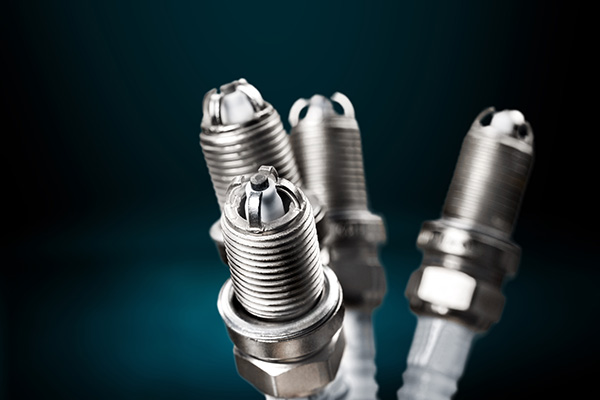
Spark plugs are a critical part of keeping your engine running properly. They ignite the air-fuel mixture inside each cylinder, firing thousands of times every minute while you drive. As they wear out, you may start noticing changes in how your vehicle performs. How long do spark plugs last, and how can you tell when it’s time to replace them? Here’s what you need to know. What Do Spark Plugs Actually Do? Each spark plug sits inside a cylinder and creates the spark that ignites the compressed air and fuel. This combustion is what powers your engine and keeps your car moving. Without properly working spark plugs, your engine may misfire, struggle to start, or run less efficiently. A healthy spark plug ensures the engine fires correctly, delivers maximum power, and keeps emissions in check. Typical Spark Plug Lifespan The lifespan of spark plugs depends largely on the type of plugs your engine uses: Copper spark plugs generally last ar ... read more